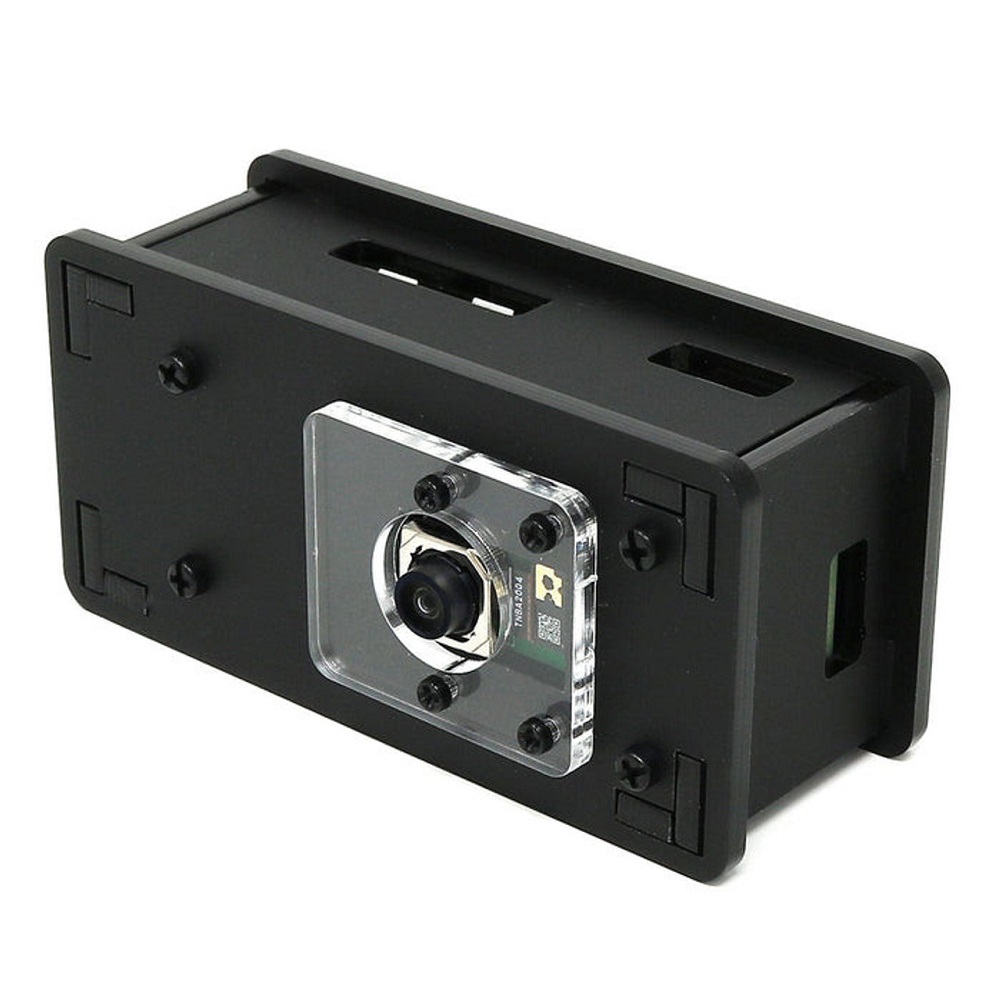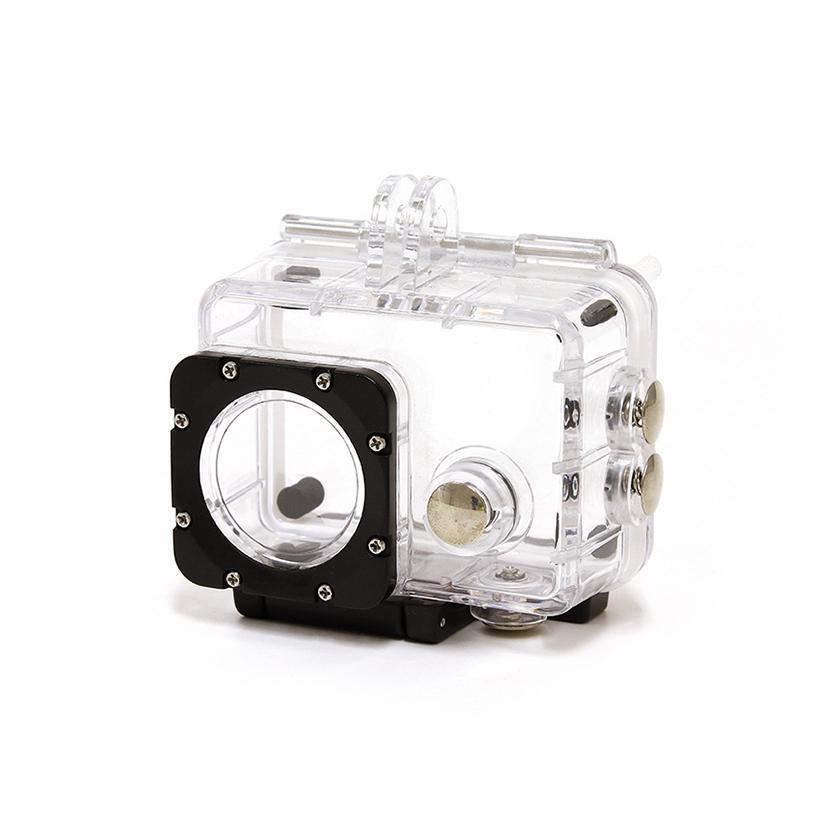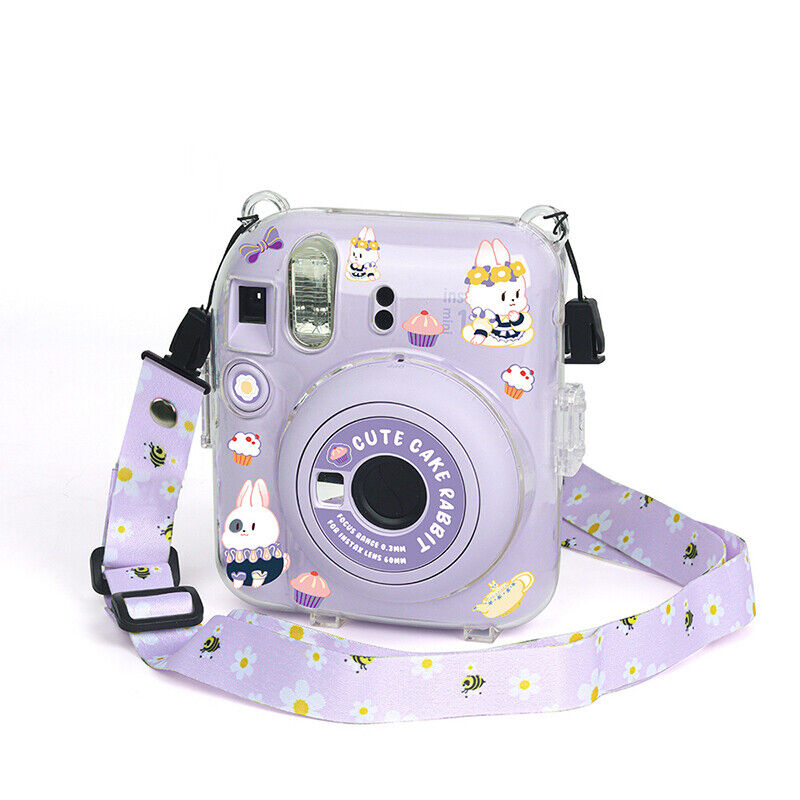Choosing the right camera case is essential for photographers who wish to protect their gear from the elements and ensure its longevity. A good camera case not only provides safe storage and easy transport but also quick access to the camera and accessories during shoots. In this article, we will delve into the key factors to consider when selecting the best case for your camera equipment.
Assessing Your Camera Case Needs
Understand Your Photography Style
Before you begin your search, assess your photography style. Do you shoot in rugged outdoor environments or mostly in studios? Do you travel frequently with your gear, requiring something that’s airline-friendly? Your photography habits and environments will significantly influence the type of case you need.
Analyze Your Camera Gear Collection
Take stock of your current gear, including your camera body, lenses, batteries, memory cards, and any additional accessories. The size and amount of gear you own will determine the size of the case and the kind of compartmentalization you’ll need for organization and protection.

Durability and Protection
Material and Build Quality
The materials used in the construction of the case are vital for ensuring protection and durability. Look for cases made from water-resistant or waterproof materials with rigid exteriors. High-quality zippers and seams provide additional security and longevity.
Padding and Shock Absorption
Ample padding is crucial for protecting your gear from shocks and drops. The best camera cases have adjustable padded dividers that cushion your equipment and can be reconfigured according to your gear. A well-padded case will have a soft interior lining to prevent scratches on your camera and lenses.
Convenience and Accessibility
Easy Access to Gear
When in the field, accessing your gear quickly is often necessary to capture that perfect shot. Select a case that allows you to reach your equipment without hassle. Top-loading camera bags are often preferred for quick access, while backpack-style cases may offer more space and balanced weight distribution.
Portability and Comfort
If you plan to carry your case for longer periods, comfort is key. Look for cases with padded shoulder straps or a comfortable handle. For even easier transport, especially in airports or urban areas, consider a camera case with built-in wheels.

Size and Weight Considerations
Compactness vs. Storage Space
Decide how compact you want your camera case to be. A compact case may be easier to carry but might offer less protection than a bulkier one. Conversely, a larger case will have more room but can become cumbersome, especially when traveling.
Weight of the Case Empty and Full
A heavy case can become a burden, especially when filled with gear. Consider the weight of the case when empty and think about how much it will weigh once all your equipment is packed. Lightweight materials that still offer protection are ideal.
Customization and Versatility
Adjustable Compartments
The best camera cases feature adjustable compartments that allow you to customize the interior layout to fit your gear snugly. This customization ensures your camera and accessories stay in place and are protected during transport.
Case Convertibility
Some camera cases are convertible and can serve multiple purposes, such as being used as a rolling case, backpack, or shoulder bag. A case that offers such versatility might be the best value for photographers who find themselves in various shooting scenarios.
Price and Budget
Balancing Cost with Features
Determine your budget for a camera case and try to find the best balance between cost and the features you need. While it’s often worth investing in a high-quality case to protect expensive gear, there are also budget-friendly options that provide adequate protection.
Long-Term Investment Considerations
Consider the camera case as a long-term investment. It’s not just about the initial cost but also about the potential savings from avoiding damage to your gear. Investing in a slightly more expensive case that offers better protection and durability can save you money in the long run.

Weather Resistance for the Traveling Photographer
Choose Weather-Proof Materials
For photographers who face diverse shooting environments, it’s crucial to consider the weather-proofing features of a camera case. Opt for materials that offer water resistance or even waterproof capabilities. Cases with sealed zippers and moisture-wicking fabrics will provide extra layers of defense against the elements.
Importance of Weather Sealing
Outdoor photography can expose your gear to harsh conditions. A camera case with weather sealing is an investment that offers peace of mind when you are caught in unpredictable weather. Make sure to check for features such as rain covers that can be easily deployed to protect against downpours.
Security Features to Protect Your Investment
Locks and Anti-Theft Design
A camera case with robust security features is a wise choice for photographers on the go. Look for cases with lockable zippers to prevent unwanted access. Some cases offer anti-theft design elements like hidden compartments or slash-proof materials to deter theft.
Securing the Case During Transit
Consider cases that can be securely fastened to other objects, such as luggage trolleys or immovable fixtures. This function is especially valuable during travel or in crowded areas where you might need to set your case down and keep it safe from opportunistic thieves.
Style and Personal Preference
Matching the Case with Your Personal Style
A camera case doesn’t have to be purely functional; it can also reflect your personal style. Whether you prefer a sleek, professional appearance or a more casual look, there is a variety of designs available. Choose a case that matches your personal aesthetic while still providing the necessary protection for your camera gear.
Selecting a Case that Reflects Your Brand
Professional photographers may want to consider how their camera case reflects their brand. If you’re frequently on-site with clients, a case that portrays a professional image could be beneficial. Alternatively, adventure photographers may prefer rugged cases that align with the adventurous spirit of their work.
Compatibility with Additional Equipment
Room for Future Gear Additions
Consider purchasing a camera case with a bit of extra room for future gear acquisitions. Expanding your camera system with new lenses, camera bodies, or accessories is common, and having a case that can accommodate additional equipment is practical and cost-effective.
Accommodating Non-Camera Equipment
Photographers often carry more than just camera gear. Think about space for a laptop, tablet, or even personal items you’ll need on a shoot. A case with dedicated compartments for these non-camera items can provide better organization and protection.
Reviewing Brand Reputation and Reviews
Researching Brand Reputation
A camera case’s brand can tell you a lot about its quality and durability. Research the reputation of the brand and read up on their history and the materials they use. Brands with a positive track record are generally more reliable.
Reading User Reviews and Testimonials
Before finalizing your decision, read user reviews and testimonials. Feedback from other photographers can provide insight into a case’s real-world performance. Look for reviews that specifically address your primary concerns, such as durability, capacity, and ease of use.
Practical Tips for Testing Camera Cases
Trying Before Buying
If possible, test the camera case before purchasing it. Check how your gear fits, feel the weight distribution, and test out the zippers and pockets. Some stores may allow you to insert your gear to ensure everything is accessible and fits comfortably.
Taking Advantage of Return Policies
If trying a camera case firsthand isn’t possible, make sure the store or website has a favorable return policy. This way, you can order the case and evaluate its suitability at home. If it doesn’t meet your expectations, a good return policy will allow you to exchange it for one that does.
Selecting the right camera case is a thoughtful process that involves understanding your specific photography needs, the level of protection required, and the desire for convenience during transport. Consider the durability, size, customization, and price before making a decision. Investing in the best camera case for your gear is essential for any photographer who values the safety and accessibility of their equipment. With the right camera case, you can focus more on capturing the perfect shots and less on the safety of your gear.
